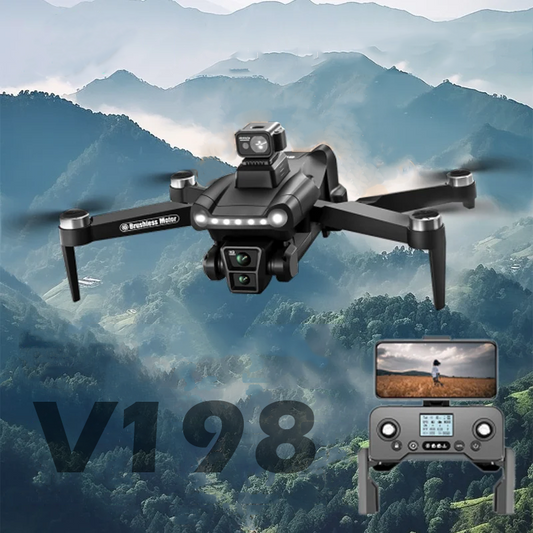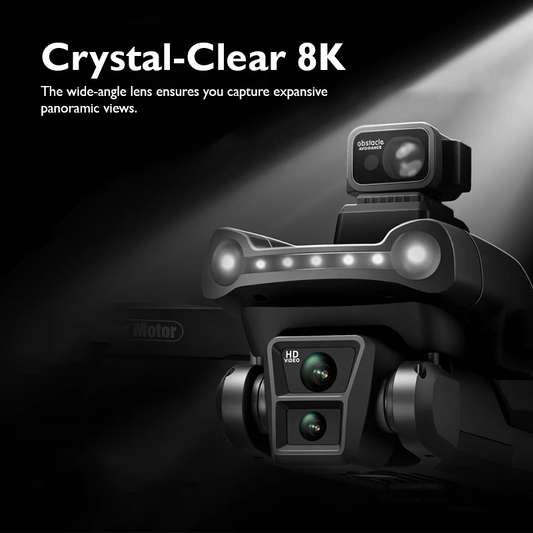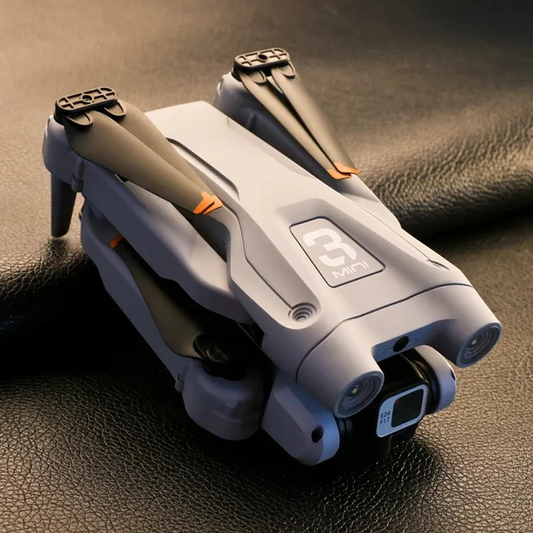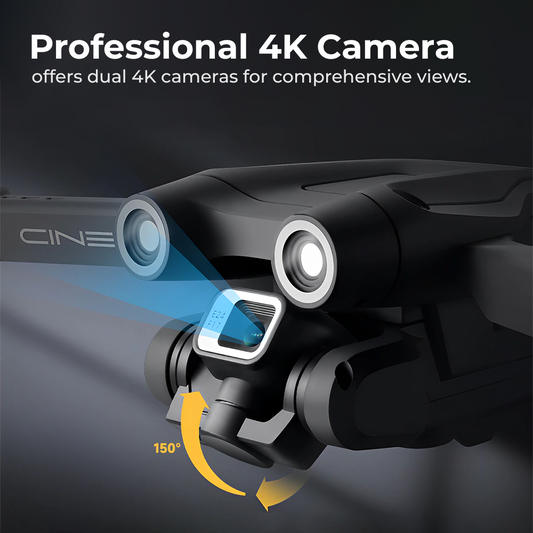Photographing Coral Reefs with Drones: Conservation Efforts

In the vast expanse of our oceans lies a world of unparalleled beauty and ecological significance—the coral reefs. These vibrant ecosystems, often referred to as the rainforests of the sea, harbour an incredible diversity of marine life. However, coral reefs are facing unprecedented threats, including climate change, pollution, and overfishing. As stewards of the environment, we must explore innovative methods to document and preserve these underwater wonders. Enter drone technology—a game-changer in the realm of coral reef conservation.
Unveiling the Underwater Universe from Above

Photographing coral reefs with drones has emerged as a groundbreaking approach to marine conservation. Drones, also known as Unmanned Aerial Vehicles (UAVs), equipped with high-resolution cameras, enable researchers and conservationists to capture the mesmerising beauty of coral reefs from a unique perspective—above the surface. This aerial viewpoint not only provides breathtaking visuals but also serves as a powerful tool for monitoring and safeguarding these fragile ecosystems.
Why Drones for Coral Reef Photography?

Drones offer several advantages when it comes to documenting coral reefs:
1.Aerial Perspective: Drones allow for a bird's eye view of coral reefs, providing a comprehensive look at the entire ecosystem. This perspective is crucial for understanding the overall health of the reef and identifying areas that may be under stress.
2.Efficiency and Cost-Effectiveness: Traditional methods of reef monitoring involve divers manually collecting data, which can be time-consuming and expensive. Drones, on the other hand, can cover large areas in a relatively short amount of time, reducing costs and increasing efficiency.
3.Non-Intrusive Monitoring: Drones minimise disturbance to the underwater environment compared to traditional methods. This non-intrusive approach is essential for studying marine life without causing harm to the delicate coral structures.
4.Real-time Data Collection: Drones equipped with advanced sensors can collect real-time data on water temperature, salinity, and other environmental factors. This data is crucial for understanding the impact of climate change on coral reefs.
Conservation through Captivating Imagery
One of the most powerful aspects of drone photography is its ability to evoke emotions and inspire action. Stunning aerial shots of coral reefs can capture the public's attention and raise awareness about the importance of conserving these ecosystems. By showcasing the beauty of coral reefs from a new perspective, drone photography becomes a tool for advocacy and education.
Creating a Visual Connection with Nature

When people see vibrant coral formations, schools of colourful fish, and the intricate dance of marine life captured by drones, they develop a deeper connection with the underwater world. This visual connection is a catalyst for fostering a sense of responsibility and instigating action to protect these fragile ecosystems.
Social Media Impact
In the age of social media, captivating visuals have the power to go viral and reach a global audience. Conservation organisations and researchers can leverage drone-captured images to share the story of coral reefs and garner support for preservation efforts. A well-curated Instagram post or a shareable video on platforms like YouTube can amplify the message of coral reef conservation.
Challenges and Solutions in Drone-based Coral Reef Photography

While drone technology offers immense potential for coral reef conservation, it comes with its own set of challenges.
1.Technical Limitations: Drones face challenges such as limited battery life and the need for stable flying conditions. Researchers are continually working on improving drone technology to overcome these limitations.
2.Data Analysis: The vast amount of data collected by drones needs to be processed and analyzed. Artificial intelligence and machine learning algorithms are being employed to streamline this process and extract valuable insights from the data.
3.Regulatory Hurdles: Operating drones in marine environments may be subject to regulatory restrictions. Collaboration with local authorities and adherence to environmental guidelines are essential for successful drone-based conservation projects.
Success Stories in Drone-assisted Coral Reef Conservation

Several initiatives around the world are leveraging drone technology to make a positive impact on coral reef ecosystems.
1.Great Barrier Reef, Australia:

Researchers are using drones to monitor the health of the Great Barrier Reef, the world's largest coral reef system. High-resolution images captured by drones help identify coral bleaching and track changes in the reef over time.
2.Belize Barrier Reef, Belize:

Conservation organisations in Belize are utilising drones to combat illegal fishing practices. The aerial surveillance allows authorities to monitor vast stretches of the reef, identify illegal activities, and take timely action to protect the marine environment.
3.Florida Keys, United States:

In the Florida Keys, drones equipped with thermal imaging cameras are employed to study the impact of climate change on coral reefs. By measuring variations in sea surface temperatures, researchers can assess the risk of coral bleaching events.
The Future of Coral Reef Conservation: Soaring to New Heights

As technology continues to advance, the role of drones in coral reef conservation is only set to grow. Future developments may include the integration of underwater drones capable of exploring the depths of the reef and capturing imagery from below the surface. The synergy of aerial and underwater drone technologies could provide a comprehensive understanding of coral reef ecosystems.
Photographing coral reefs with drones is not just about capturing stunning visuals; it's a call to action. By harnessing the power of technology, we can document, understand, and ultimately preserve these vital ecosystems for future generations. As individuals, we can support these efforts by staying informed, advocating for sustainable practices, and contributing to organisations actively involved in coral reef conservation.
In the grand tapestry of marine life, drones emerge as silent guardians, offering a unique perspective that has the potential to reshape the future of coral reef conservation. Let us embrace this technology, not just as a tool for photography, but as a beacon of hope for the preservation of our oceans' most enchanting realms. Together, we can soar to new heights in safeguarding the kaleidoscopic wonders that lie beneath the waves.
Explore a variety of drones at our online drone store.
Happy Flying!









